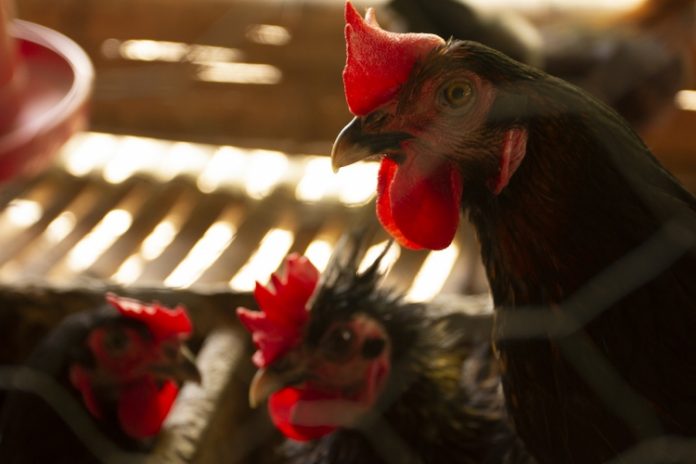The World Bank Group last week announced it would make available a package of $12 billion — an unprecedented level of financing to help developing countries and businesses cope with the health and economic impacts caused by COVID-19. Much of that support will naturally be reactive, financing immediate measures designed to strengthen our response to a brand-new threat. But some of the financing will also be preventative — as it should be, if we are to learn our lessons from the past and strengthen our collective hand before the next bug hits.
The COVID-19 crisis, like SARS, MERS, Ebola and the avian and swine flus before it, presents countries with a new opportunity to do the right thing and tackle some of the root causes of emerging infectious diseases: the uncontrolled risk of pathogen transmission from animals to humans in a rapidly changing environment.
Animal health, people’s health and planetary health are interconnected and food systems provide an array of drivers for the emergence of diseases.
Experts in this field call for a “One Health” approach based on better understanding the linkages between poor management of livestock, unsafe food handling, environmental degradation, encroachments on wildlife habitats, and human illness. Simply put, animal health, people’s health and planetary health are interconnected and food systems provide an array of drivers for the emergence of diseases.
Those food systems are currently challenged by significant increases in production and consumption, fueled by growing populations and incomes. Under pressure from agriculture, natural systems in turn are near breaking point after decades of deforestation, soil degradation, nutrient mismanagement, biodiversity loss and climate change. Increased movements and trade have also multiplied the capacity to rapidly spread diseases. As a result, we’ve seen an increase in both the frequency and economic impact of these emerging infectious diseases, most of which originated in animals.
It’s time we invest in better managing food systems to create a safer world.
The good news is that we are not starting from scratch. Fourteen years ago, the World Bank led a robust program to address avian influenza, zoonotic diseases, and pandemic preparedness and response. Thanks to the Global Program for Avian Influenza Control and Human Pandemic Preparedness and Response, approved in 2006, both countries severely affected by the disease and unaffected but vigilant countries were able to draw on financial and technical support to strengthen their capacity for early and effective disease control. The multisectoral program was active in 62 countries and contributed to avert a costly pandemic through biosecurity, surveillance, improved capacity in diagnosis, information, and communications, and response. Read more…



